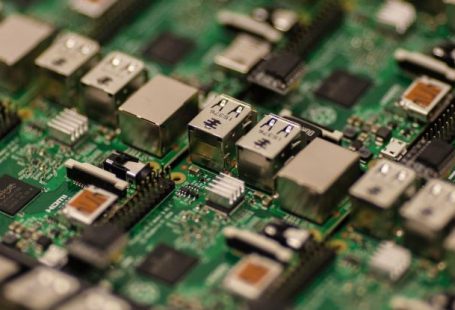The Significance of Free Will
In the realm of philosophical discourse, few concepts are as extensively debated and pondered upon as the notion of free will. Through the ages, thinkers, theologians, and scientists have grappled with the implications and significance of free will in shaping human existence and understanding. The concept of free will holds a profound significance in various aspects of life, from morality and personal responsibility to the very essence of human identity and agency. Let us delve into the multifaceted significance of free will and explore its implications on the human experience.
Defining Free Will
Before delving into the significance of free will, it is essential to establish a clear understanding of what the concept entails. Free will refers to the ability of individuals to make choices and decisions autonomously, free from external constraints or determinism. It is the capacity to act in accordance with one’s own desires, intentions, and values, without being coerced or predetermined by external forces.
Empowerment and Autonomy
One of the primary significances of free will lies in its role in empowering individuals and granting them autonomy over their lives. The ability to make choices based on personal values and beliefs is essential in shaping one’s identity and defining one’s path in life. Free will allows individuals to chart their course, pursue their aspirations, and take responsibility for the consequences of their actions. In a world where external influences and societal norms often seek to dictate our choices, free will serves as a powerful tool for asserting individual agency and self-determination.
Moral Responsibility and Accountability
Another crucial aspect of the significance of free will is its implications for moral responsibility and accountability. The concept of moral responsibility hinges on the idea that individuals are accountable for their actions because they possess the capacity to choose between right and wrong. Without free will, the very foundation of moral judgment and ethical decision-making would crumble, as individuals would be deemed mere puppets of fate or determinism. Free will underpins our understanding of moral agency and the notion that individuals are morally responsible for their choices and behaviors.
Existential Freedom and Meaning
Free will also plays a pivotal role in shaping our existential outlook and sense of meaning in life. The ability to make choices and determine our actions imbues our existence with a sense of purpose and significance. Existential philosophers such as Jean-Paul Sartre have emphasized the importance of free will in defining human existence and confronting the inherent uncertainties and absurdities of life. By embracing our capacity for choice and freedom, we confront the existential void and imbue our lives with meaning and authenticity.
Creativity and Innovation
The significance of free will extends beyond individual autonomy and moral responsibility to encompass the realms of creativity and innovation. The capacity to think, imagine, and create is intrinsically linked to our ability to exercise free will. Creative endeavors, whether in the arts, sciences, or any other domain, are fueled by the freedom to explore new possibilities, challenge existing paradigms, and push the boundaries of human knowledge and expression. Free will serves as a catalyst for innovation and progress, driving humanity forward through the power of imagination and invention.
Embracing the Paradox of Free Will
While the significance of free will is undeniable in shaping human experience and understanding, it is essential to acknowledge the inherent paradoxes and complexities that accompany this concept. The interplay between free will and determinism, the limits of individual agency in the face of external constraints, and the ethical dilemmas posed by conflicting desires and values are all part of the intricate tapestry of human existence. Embracing the paradox of free will means recognizing the nuances and uncertainties that define our choices and actions, without succumbing to nihilism or fatalism.
In conclusion, the significance of free will reverberates through the core of human existence, influencing our values, beliefs, and actions in profound ways. From empowering individuals and fostering autonomy to underpinning moral responsibility and existential freedom, free will shapes the very fabric of our lives. By embracing the complexities and paradoxes inherent in the concept of free will, we navigate the intricate terrain of human agency and strive to lead lives of purpose, meaning, and authenticity.





